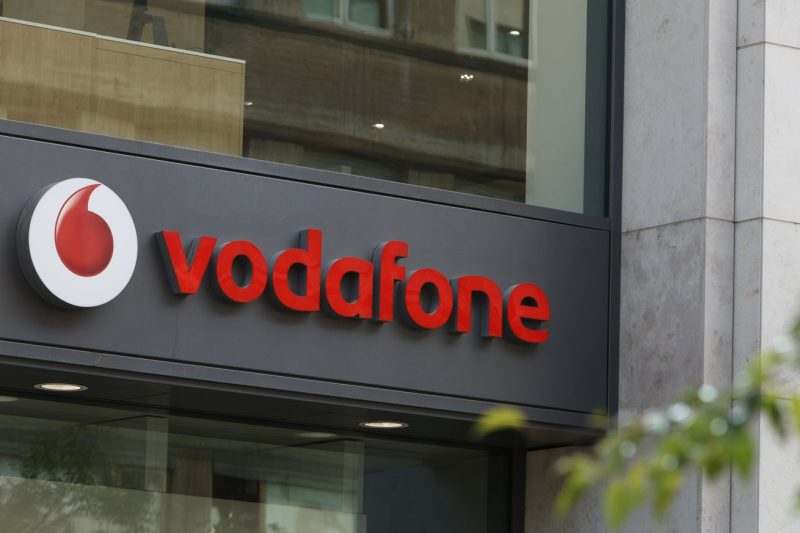Vodafone and Three Clear to Merge and Form the UK’s Biggest Mobile Operator
Vodafone and Three, two industry giants in the UK mobile telecommunications sector, have recently received approval to merge, forming the United Kingdom’s largest mobile operator. The decision to combine the two companies comes after months of negotiations and regulatory reviews, with both parties seeing the benefits of joining forces to create a stronger presence in the fiercely competitive market.
The merger between Vodafone and Three is expected to have far-reaching implications for both companies and the mobile industry as a whole. With their combined resources, customer bases, and infrastructure, the new entity is poised to offer enhanced services, improved coverage, and innovative technologies to a larger segment of the population.
One of the key motivations behind the merger is the ability to create a more robust network that can handle the increasing demand for data and connectivity. As consumer habits continue to shift towards mobile-centric lifestyles, the need for reliable and high-speed mobile services has never been greater. By pooling their resources, Vodafone and Three can invest in the necessary infrastructure and technology upgrades to meet this demand effectively.
Additionally, the merger is expected to drive greater efficiencies and cost savings for both companies. By consolidating operations, eliminating redundancies, and streamlining processes, the new entity can optimize its resources and provide better value to customers. This synergy will also enable Vodafone and Three to invest in research and development, fostering innovation and driving the next wave of mobile technology advancements.
From a customer perspective, the merger between Vodafone and Three could lead to a more competitive market environment. With the combined strength of the two companies, consumers can look forward to a wider range of services, better pricing options, and improved customer support. The increased scale of the new operator could also incentivize other players in the market to enhance their offerings, ultimately benefiting consumers through increased choice and value.
However, as with any merger of this scale, there are potential challenges and risks that need to be addressed. Regulatory authorities will need to closely monitor the new entity to ensure fair competition and consumer protection. Additionally, integrating two large organizations with distinct cultures and operational structures can be complex and may pose hurdles in achieving a seamless transition.
In conclusion, the merger between Vodafone and Three represents a significant development in the UK mobile telecommunications industry. By combining their strengths, capabilities, and resources, the new entity is poised to become a dominant player in the market, offering enhanced services and driving innovation. However, successful execution and effective management of the merger will be crucial in realizing the full potential of this strategic move. With the right strategic vision and careful planning, the Vodafone and Three merger could herald an exciting new chapter in the UK mobile landscape.
